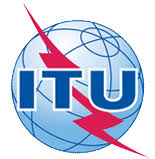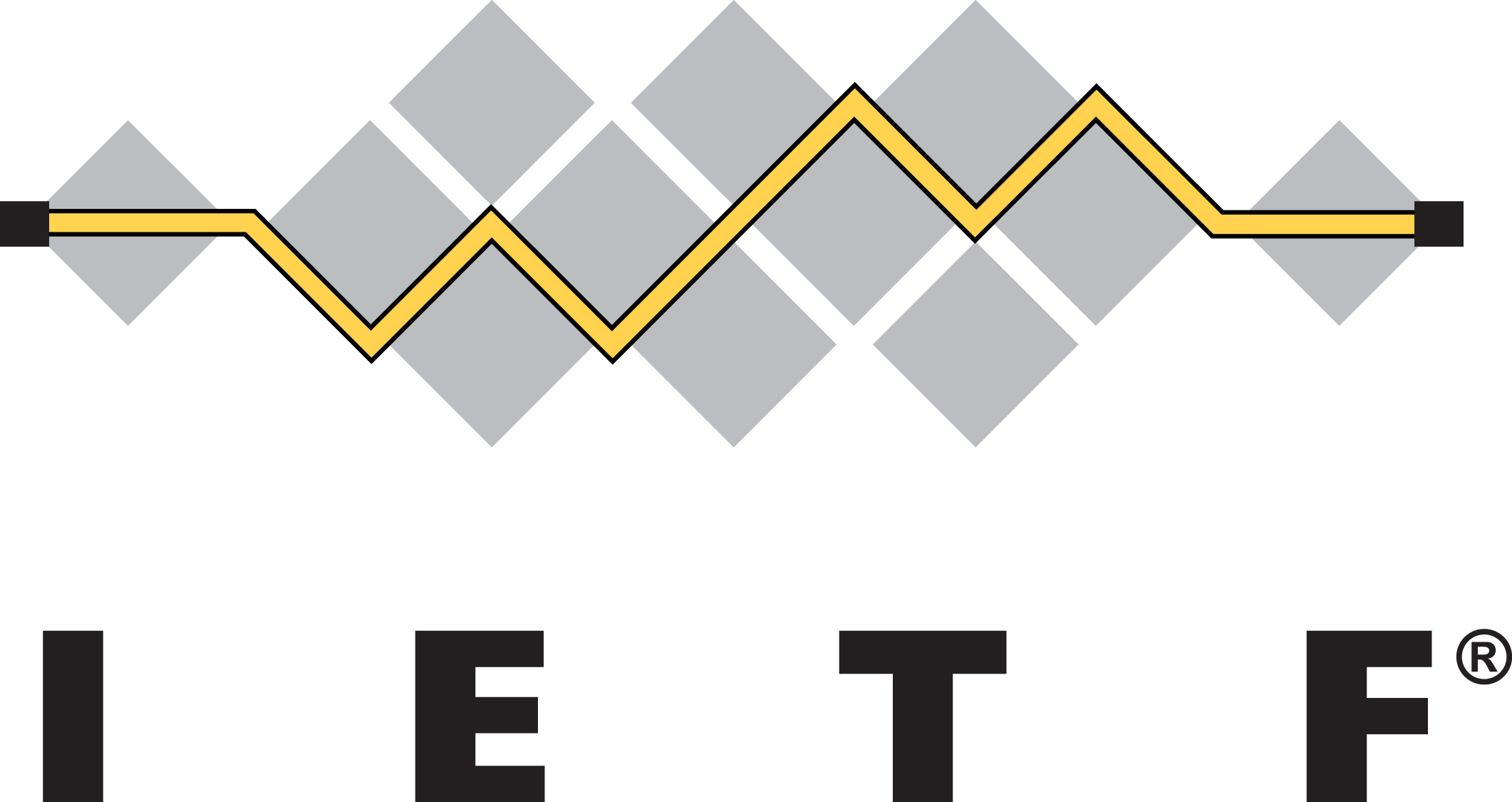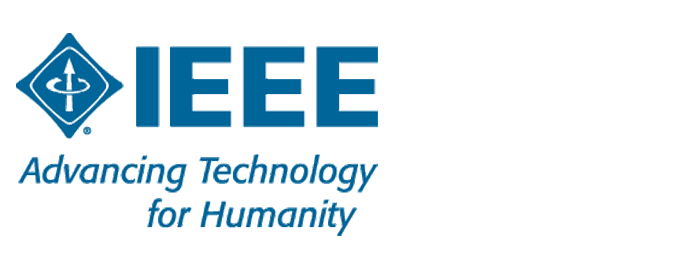ITU-T - SG13 - Y. FMSC-MECMulti-access Edge Computing for fixed, mobile and satellite convergence in IMT-2020 networks and beyond
This draft Recommendation aims to describe the framework of Multi-access Edge Computing for fixed? mobile and satellite convergence (FMSC) in IMT-2020 networks and beyond. This recommendation covers the following issues, but not limited to: o Requirements of Multi-access Edge Computing for supporting fixed, mobile and satellite convergence in IMT-2020 networks; o The architecture of Multi-access Edge Computing for fixed, mobile and satellite convergence; o Information flows of Multi-access Edge Computing for fixed, mobile and satellite convergence.



